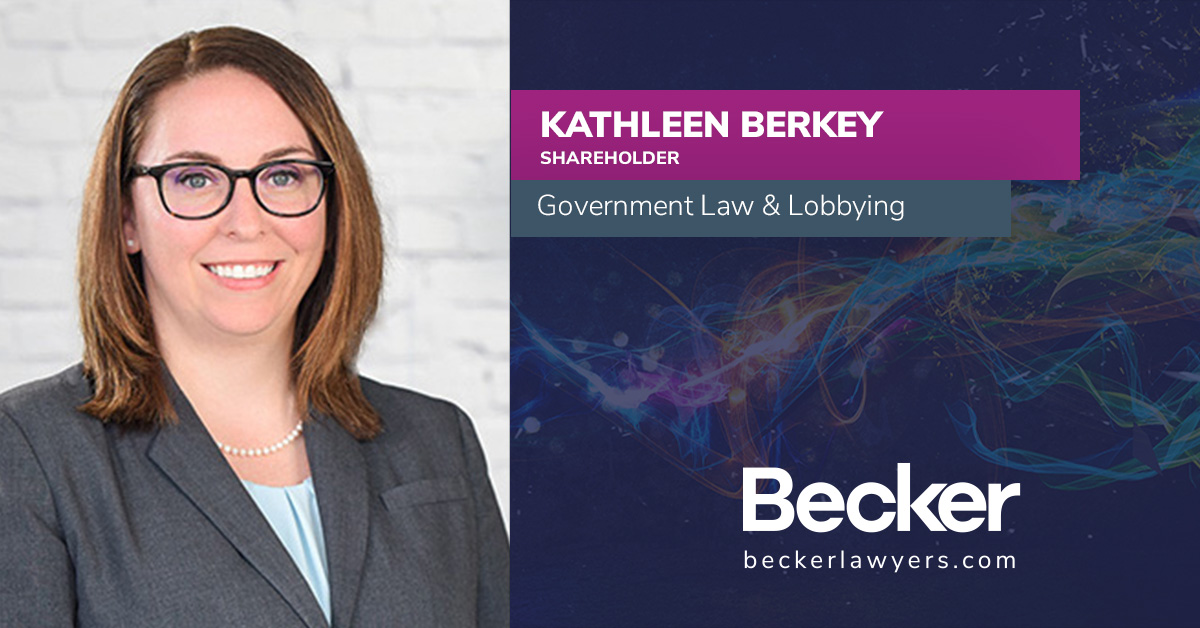
Offset Language Puts Lender’s Hands in the Cookie Jar
Commercial loan documents generally provide very strong remedies for lenders in the event of a borrower’s default. I know this before I even begin to review a set of loan documents when representing borrowers. I know that there isn’t going to be much that I can say to a lender or lender’s counsel to soften the remedy provisions in the loan documents. Yet, I will carefully review these provisions, look for anything unusual or extremely over reaching, point out unenforceable self-help provisions and let my borrower clients know what might happen if they default in the repayment of the loan.
A common commercial loan remedy is the offset provision. This provision allows the lender to offset any money in any of the borrower’s accounts maintained with lender to the defaulted obligation. This provision includes personal accounts (including guarantors), operating accounts and investment or brokerage accounts. The offset language usually has teeth because most commercial loans will come with some kind of requirement that the borrower maintain its primary operating account with the lender. Therefore, I will tell my borrower clients that they should not keep any money with the lender other than the required operating account. The clients always agree with this suggestion. Generally speaking, the loan officers, off the record, also agree.
But recently I had a closing where the offset language literally put the lender’s hands in the cookie jar. I represented the local Girl Scout Council in the acquisition of their new headquarters building. They obtained a loan for the acquisition and renovation of the building. The documents had the standard offset language. The problem here was that every Girl Scout and Brownie troop maintains a bank account. They open their accounts under the Girl Scout Council and Council’s tax id number for the benefit of the specific troop. Many of the troops maintain their accounts in the same bank that was making the loan to the Council. In fact, the bank was encouraging the troops to open their accounts with the bank by waving all fees!
So when I requested that the offset language be deleted from this loan, I thought it wouldn’t be a problem. The loan officers understood immediately. The underwriters understood within a day or 2. The attorney, however, was not local (big bank used regional counsel, out of state). To them, the offset language was sacrosanct. Together with my client and the loan officers, we had to explain to the attorneys that in essence the bank was taking a security interest in the Girl Scouts’ cookie money. Everybody understood that the only security that the bank required were the funds of the Council. The alternative would be for the Council to notify all troop leaders (well over 1200) that troops should not open accounts with the bank and existing accounts should be closed. This would result in very bad publicity for the bank. In that context, the offset language was revised to specifically exclude any accounts that were identified as belonging to any Girl Scout Troop or Service Unit.
The end result was that the bank retained the security that it required without looking like the Cookie Monster!




No Comments
Sorry, the comment form is closed at this time.